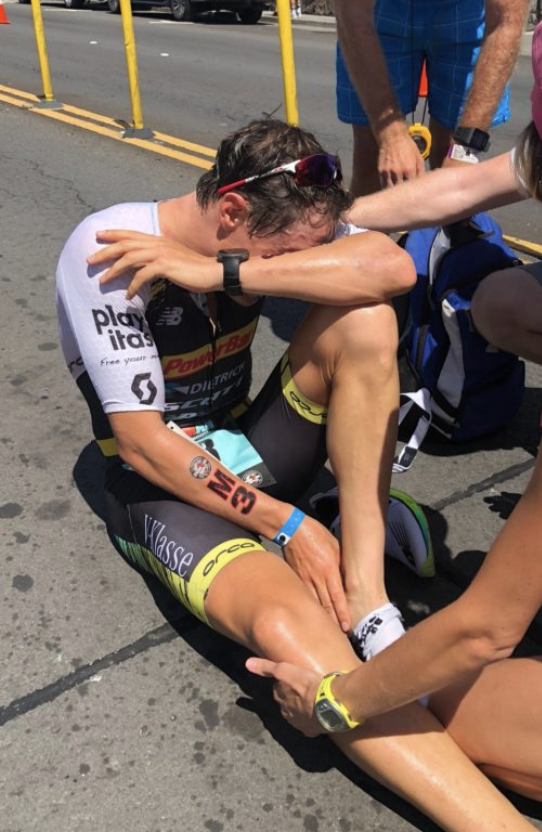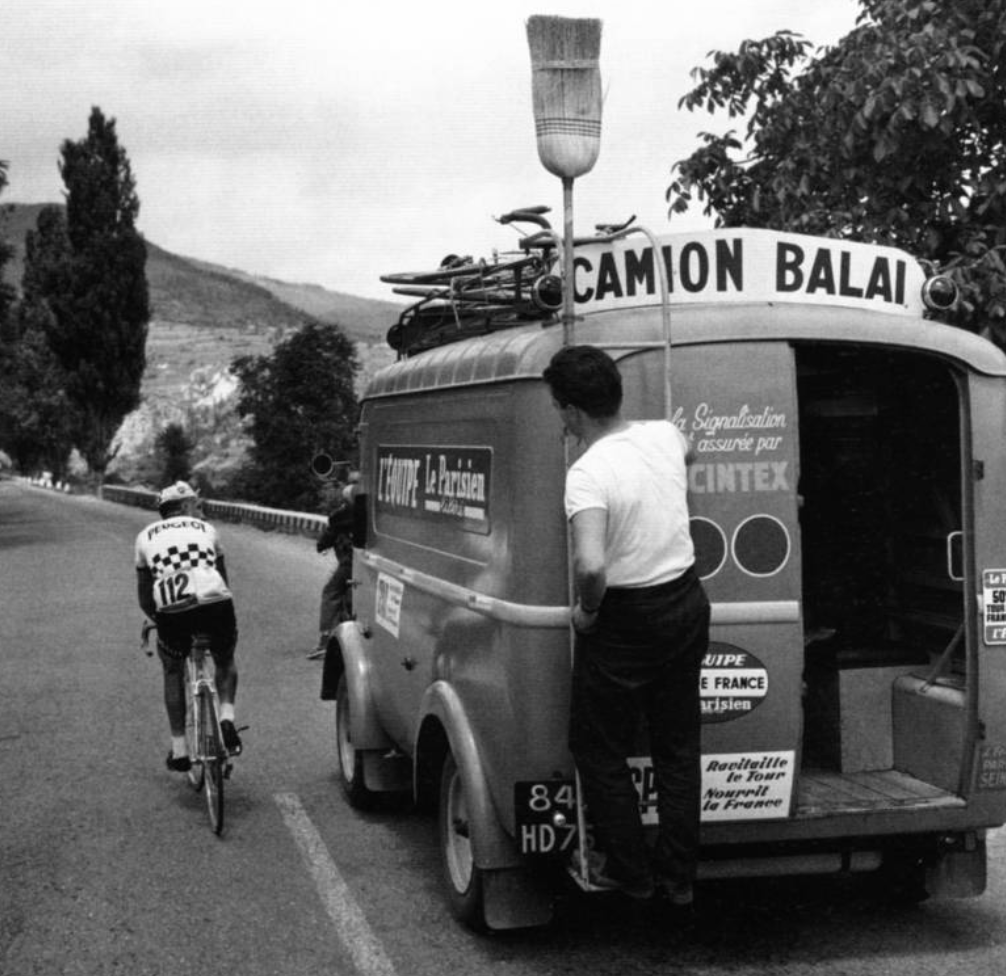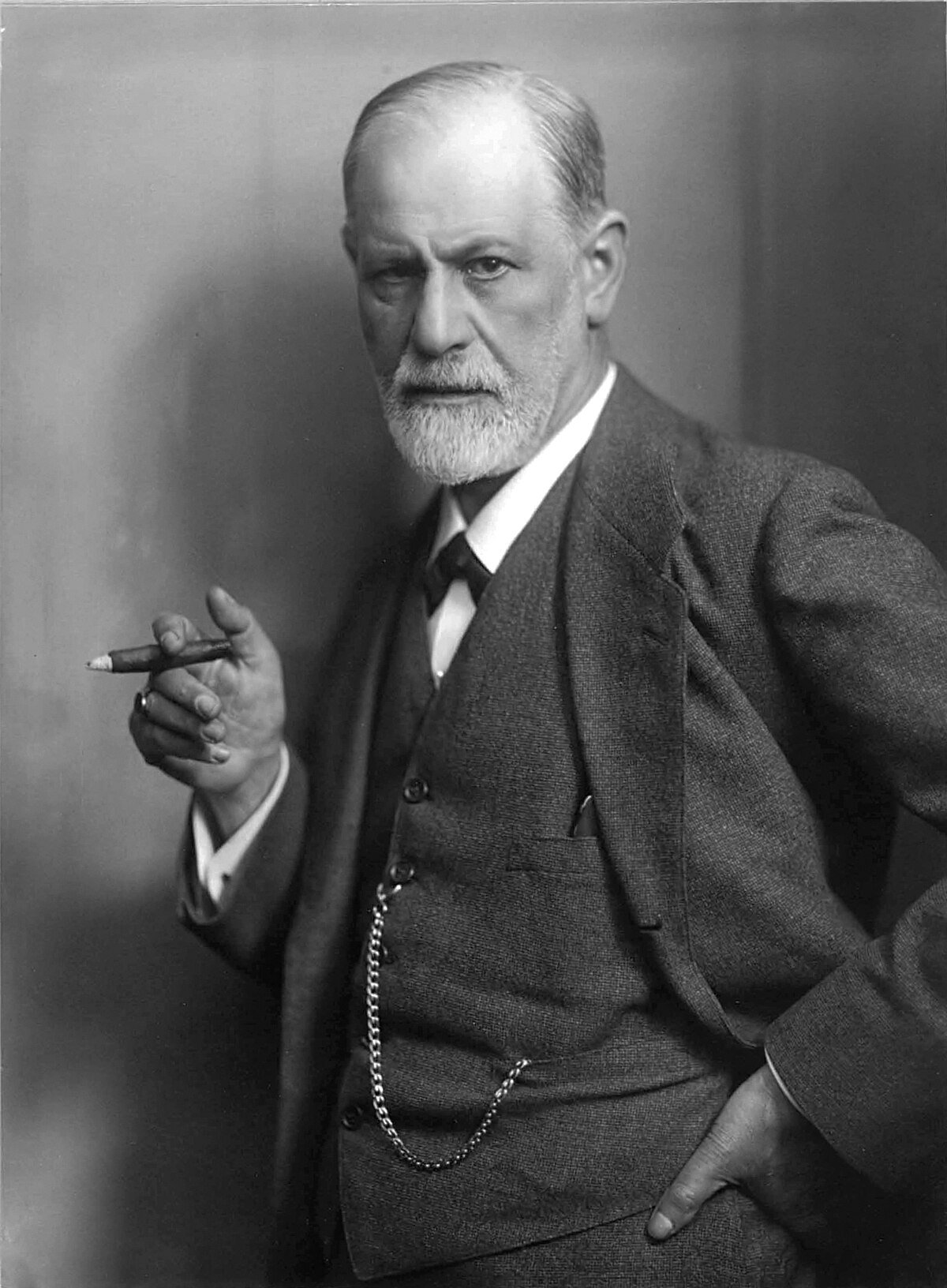CTB 42: Why DNF is sometimes a better option
/There are many mantras, stories, myths and legends about not giving up. This the material heroes are made of. You get into a difficult situation and you try harder, you suffer, you struggle, you persevere and finally you win! You cross that finish line, you summit that peak, get the medal or cross the Antarctica solo and unsupported. You become a superhuman and a role model for kids and adults alike around the world and for generations to come.
However, being a superman or a superwoman does not only mean being a heroic and also slightly desperate optimist. Sometimes being a hero means being brutally honest with yourself and super realistic about your chances of continuing, finishing, summiting or simply surviving. It takes courage to say “I have to stop” and to turn around. Too many lives have been lost on Everest to irrational optimism and faulty assumptions about own ability, speed and elements.
DNF sucks and hurts, no question about it. But there are benefits to it too. They are not eminently visible in the moment but they will surface after some time. It is like bad events in life: they are horrible in the moment they happen, but mostly turn out to be the best things that ever happened to you. Why? Because they build your character and open up new doors. It is really tough to believe when it happens to you, when you sit crying or puking on the side of the race course – but it is actually good for you! As a friend of mine says “it is better when something good starts badly, than the other way around”.
So what are the benefits of DNF?
1. No (further) self-destruction. This is self-evident. Racing an ultra-endurance event is an extreme experience and is always a walk on the edge. Maybe also not the healthiest thing to do too. But if you are well prepared and race smart it is an amazing experience. When things go wrong however and your body is in too much pain, or your systems shut down, you need to be brave and stop. Your health and your life are of highest priority. It is great to explore your limits (best done in training) – this is how you also develop awareness of your body and all it signals – and to define the lines not to cross. There is a difference between leveraging your mental and emotional strength to overcome low points (see my previous article “How to build your ability to dig deeper in competition https://www.trainingpeaks.com/blog/build-your-ability-to-dig-deep-in-competition/ and crossing that line putting your health at risk. By racing smart and listening to your body you will know the difference – and will not cross the line of no return.
2. Deeper learning – your temporary depression and the amount of tears the days after the DNF might be deeper than after a great race - yes, there is a known phenomenon of a “post-win blues” and emptiness, which happens when athletes lose sense of purpose after a great win or personal achievement. But no matter how much it hurts in the moment – you will come out stronger on the other side. Because you will spend more time exploring why this happened to you than in the event of a successful race. You will do deeper thinking about key drivers behind the event and you will come up with ideas for how to race better. You will expose the key factors leading to the DNF event and you might also discover your “blind spots”. These are the insights about your behaviors, feelings, thinking and judgement heuristics that are neither known to you nor to others. Reframing the Johari window pictured below, these are the blinds spots about yourself in relation to racing. You will take these learnings with you for your training and your next race – so you can have a better one next time!
3. Better next race – Yes, DNF can make you a better athlete. Based on your deeper learnings, you will approach your next race differently. You will know yourself better and will be aware of factors (and combinations of factors) which negatively affect your performance. It can be around pacing, nutrition, elements of your mental and emotional state. Your “blind” area will get smaller and your skills and experience will expand.
With all that being said, is DNF-ing actually better (or worse) than DNS or finishing DFL (dead f´´´´´´´ last)? This is an on-going debate. And here is my perspective on it, starting with the latter. Fact is, in some races being the last one to cross the finish line is actually celebrated and even awarded. If you come in at the finish line of an Ironman just a couple of seconds before the final cut off, you are greeted by champions, get extra loud cheering and even fireworks at the end of the race. In an Olympic marathon, which normally finishes with the lap at the Olympic stadium, the last runner gets standing ovations. And being the “lanterne rouge” (the red lantern) at the Tour de France is actually a prize which cyclists compete for. There were cases in previous tours of cyclists hiding under bridges to get more time in and to come DFL in Paris. You will find the whole distinguished list of all “lanternes rouges” on Wikipedia.
As for DNS, well they say “the most important things in life is to show up”. I however believe (and my mantra is) is that you want to show up “prepared, motivated and eager to win”. So, it is about the quality of your “showing up”, not its quantity. If you are not prepared and not motivated to give your best – or even worse, if you are sick or your family needs you – you better stay at home. This call requires sound reasoning, realistic thinking and putting things into bigger perspective. There will be another race and you can buy the bib for it – but you cannot buy health or love.
And a final word on DNF, especially for those who look up to the pros. Pros DNF all the time. For example, in the 2017 Kona race, 7 pro men and 6 pro women quit and in 2018, with the best weather conditions ever, 6 pro men and 6 pro women DNF-ed. Learning their lessons and coming out better on the other side! Just like you, should DNF ever happen in your life.








